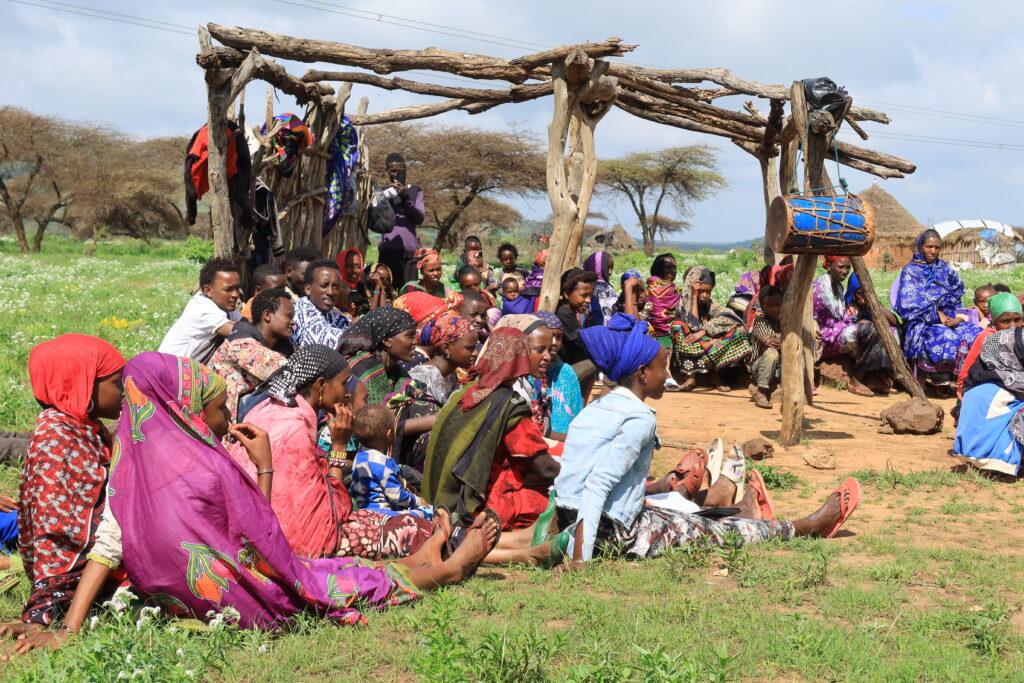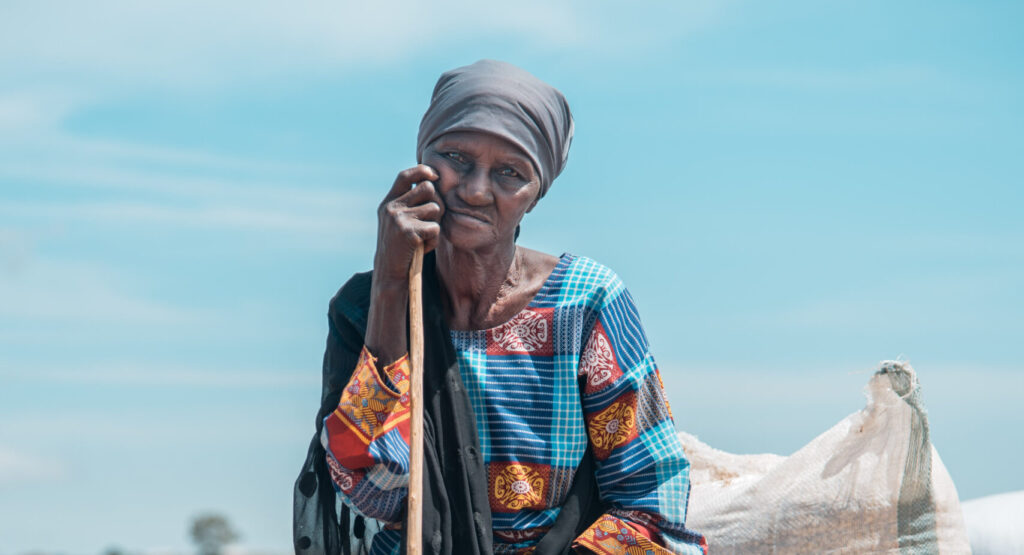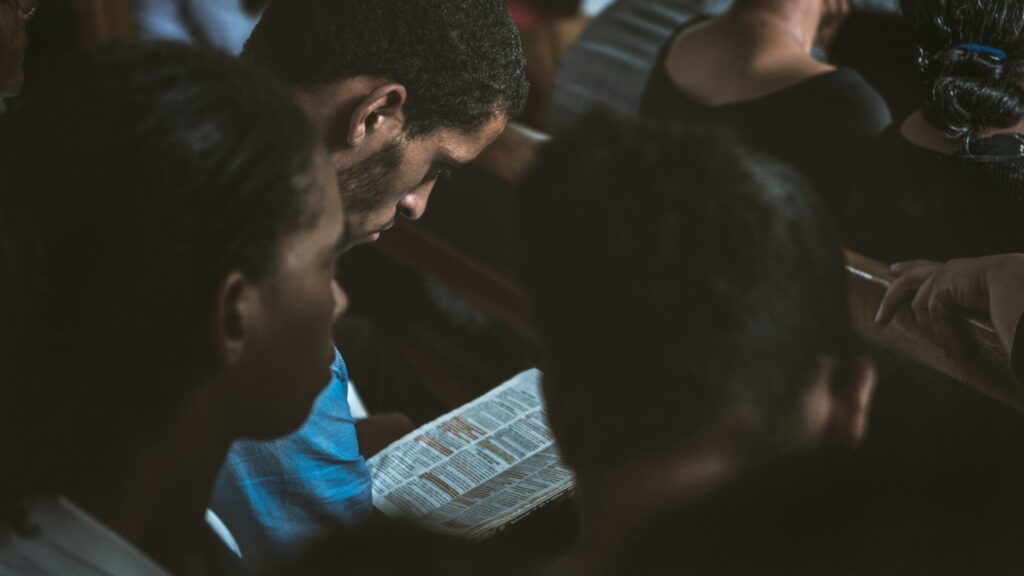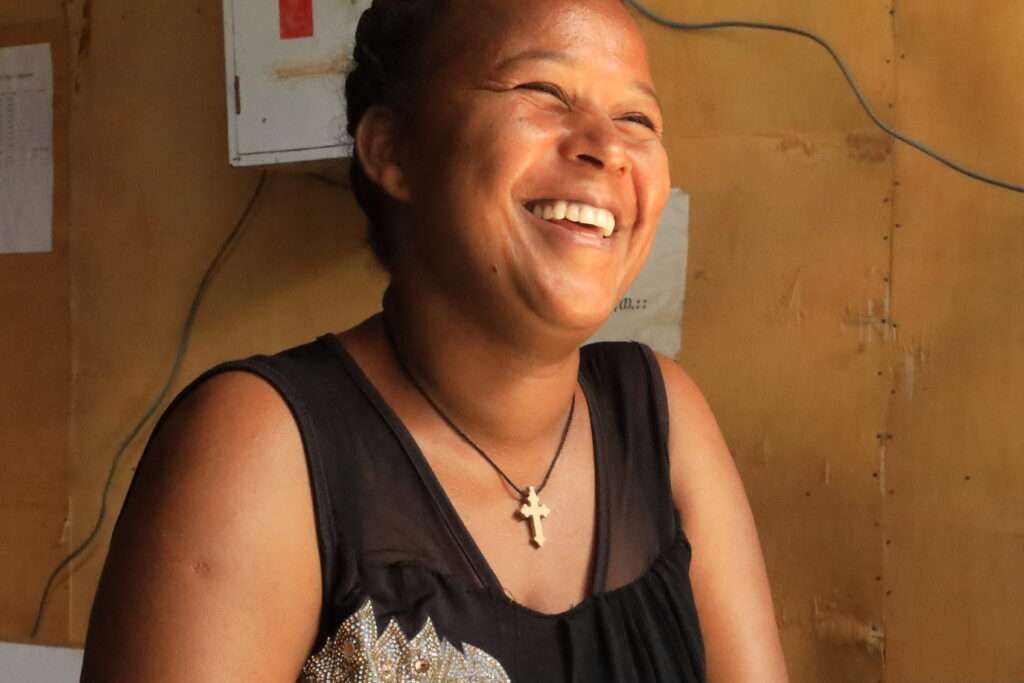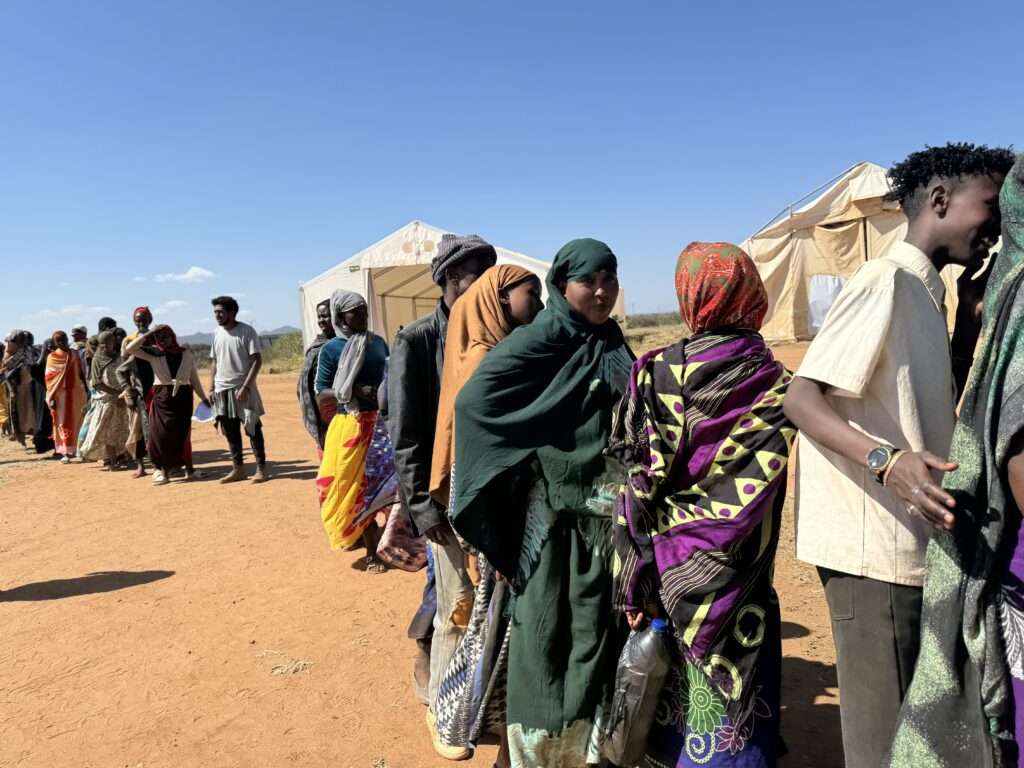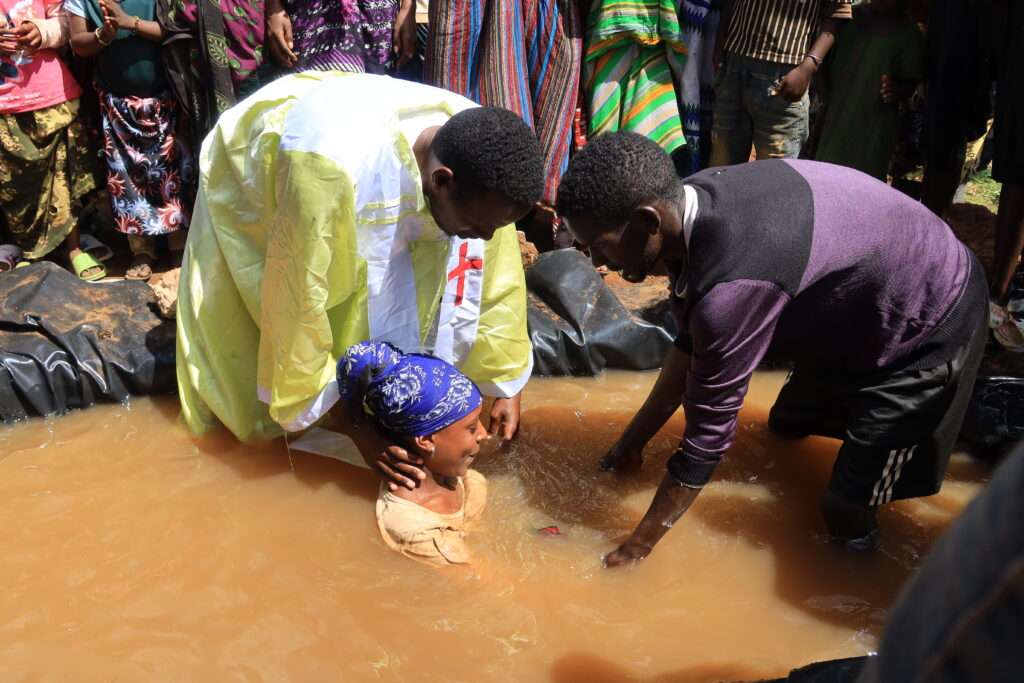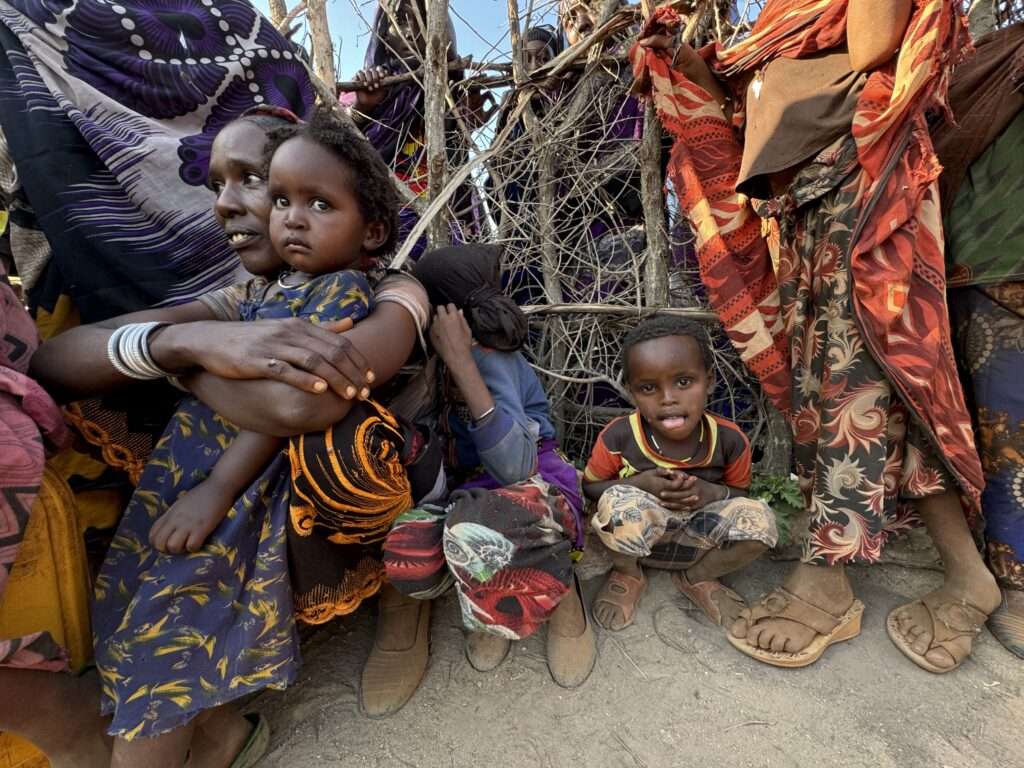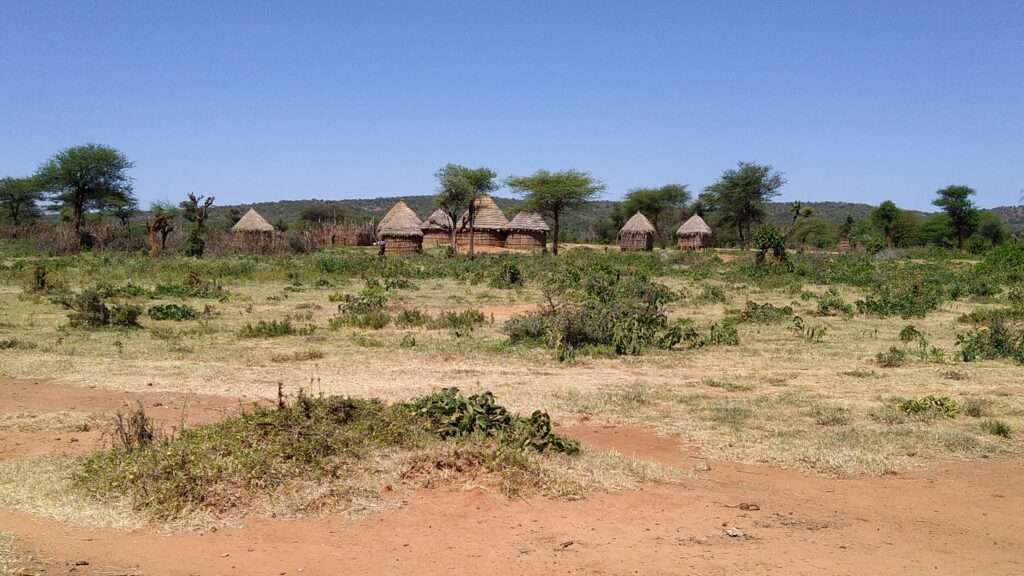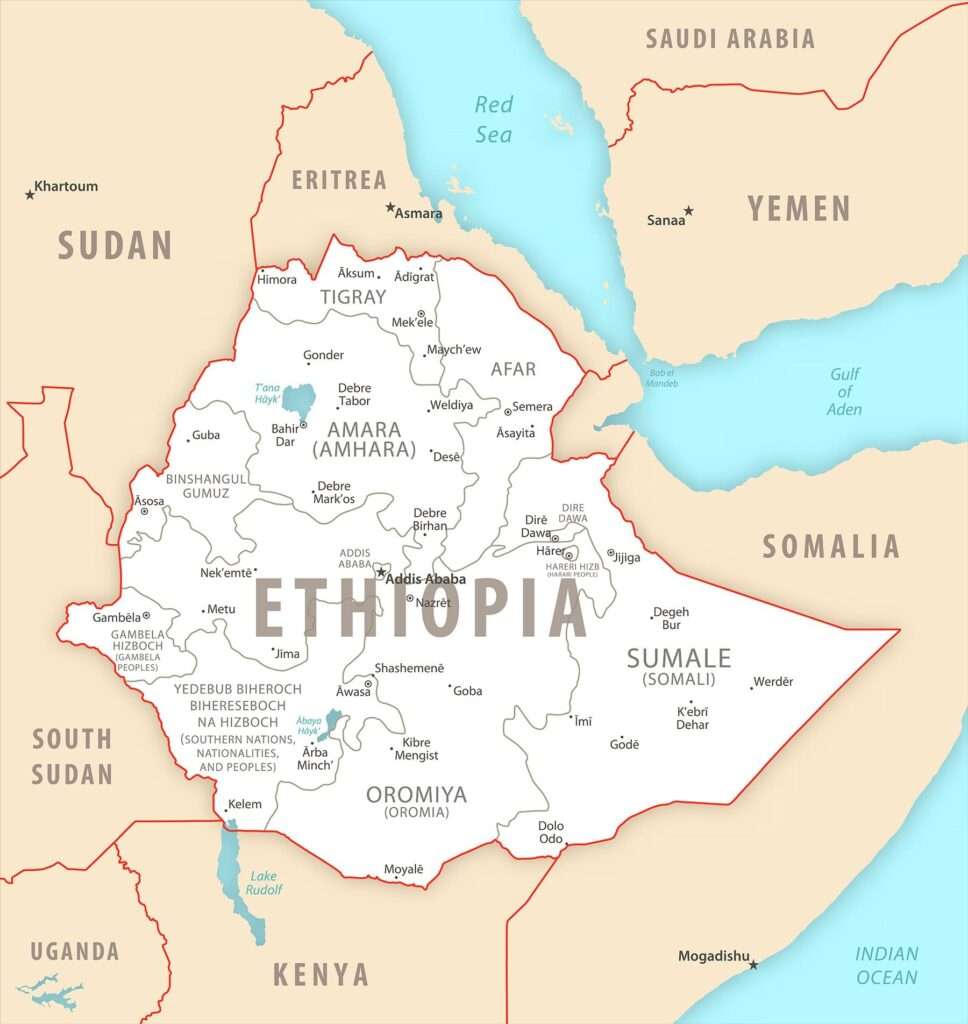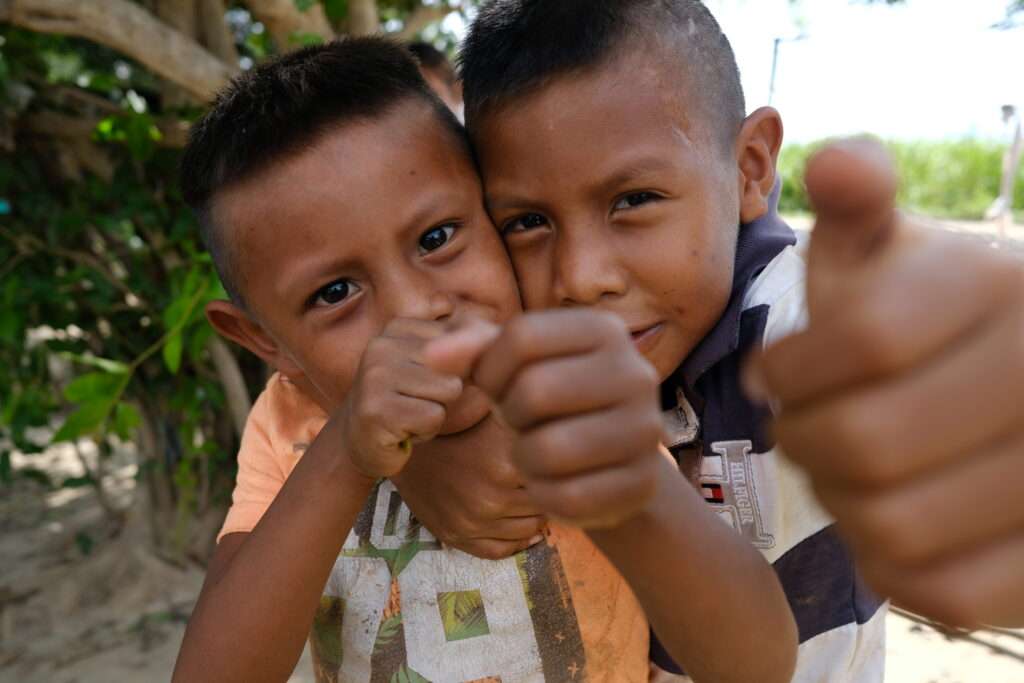(Morning Star News) – Vietnam improved from 24th to 35th place in Open Doors’ 2024 World Watch List (WWL) of the countries where it is most difficult to be a Christian, but the U.S. government was not so generous regarding its religious freedom record, placing the country on its Special Watch List on Jan. 4 for the second year in a row.
The WWL report indicates Vietnam gave considerable leeway to the Roman Catholic Church, the century-old Evangelical Church of Vietnam and other traditional churches, but states that ethnic minority, non-traditional evangelical churches in some areas continue to endure heavy pressure and persecution – especially new converts – where local officials still try to implement containment ideology.
With the improvement on the WWL list, Vietnam moved from the “severe persecution” to the middle of the “moderate persecution” category. To be sure, violations have decreased since the early years of this century, when Vietnam languished among the worst 10 countries on the WWL list, spending 2004-2006 in the “extreme persecution” category while landing on the U.S. State Department’s blacklist of “Countries Particular Concern.”
But appearing anew on the U.S. government’s Special Watch List (SWL) did sting. When the Deputy Head of the Government Committee for Religious Affairs (GCRA), Nguyen Tien Trong, on Jan. 17 received a visit in Hanoi from Derek Forbes, Asia director of the Billy Graham Evangelistic Association (BGEA), Trong expressed his regret to Pastor Forbes about the SWL designation. Trong said he hoped “that Pastor Forbes and the BGEA would speak up to contribute to the beautiful image of Vietnam’s, diversity, abundance, and freedom of belief and religion to the U.S. Government, people and international friends, helping the US State Department understand and soon remove Vietnam from the SWL for religious freedom,” according to a GCRA press statement.
Forbes was visiting to extend Lunar New Year’s greetings to Trong, to thank him for the GCRA role in facilitating the March 4 and 5 “Spring of Love” HCMC festival and to explore possibilities of a third BGEA event in Vietnam, but the renewal of the SWL status figured prominently in the visit. Forbes replied that the renewed designation would not affect BGEA’s good relationship with the GCRA, and further that “Pastor Franklin Graham, president of the BGEA, continues his role as an ‘ambassador’ for Vietnam.”
Vietnam’s reaction to the designation, so far, has been more measured than last year, when the country responded with anger and a flurry of books, two of which were recalled after publication – one because it was too honest about the government failures in managing religions, and the other because it was counterproductively too critical of even legalized evangelical church organizations and leaders.
White Paper on Belief and Religion
In another initiative, Vietnam published a “White Paper” on religion in March intended to paint a “beautiful picture” of Vietnam’s open religious freedom policies. Its inclusion of religion management ideology in the paper, however, somewhat marred the beautiful picture.
A major sticking point between Vietnam and religious liberty advocates is Vietnam’s refusal to recognize major groupings of orthodox Buddhist, Cao Dai and Hoa Hao believers who refuse to come under the government-controlled organizations of their faith.
Another is Vietnam’s treatment of small independent churches and cults the government considers threatening to “the Great National Unity.” For example, Vietnam has announced its intention to eradicate the cultic, Korean-based “Church of the Mother of God.”
Also, Vietnam’s sights are on several small ethnic minority groups identifying as evangelical but suspected of harboring separatist tendencies or relating to overseas remnants of FULRO, a once active ethnic minority separatist force. Such groups are deemed ineligible for registration and legalization under Vietnam’s Law on Belief and Religion and Belief (LBR).
Between Two Giants
Vietnam finds itself squeezed between China and the US even as it tries to cultivate a “special comprehensive relationship” with both.
While most Vietnamese people strongly dislike China’s proprietary behavior in the Eastern Sea (South China Sea) and are often put off by China’s business practices and tourist behavior, there is close cooperation at the Communist Party level. The two-day visit to Hanoi by President Xi Jinping in December resulted in the signing of more than 30 separate agreements on improving cooperation with Vietnam and a long Joint Declaration.
China’s religion policies have become more regressive in recent years, so it is concerning that the Joint Declaration includes the line, “strengthen cooperation in preventing and combating violations of religion laws, managing foreign NGOs, and promoting cooperation in training officials.”
In its “special comprehensive relationship” with the United States, Vietnam always promises that it is open to dialogue in the spirit of mutual respect in matters of human rights and religious freedom. That openness did not keep the U.S. from confirming the SWL status a second year.
The re-designation came in spite of diplomatic initiatives. From Oct. 10-22, Vietnam sent a delegation of officials and hand-picked religious under the leadership of Deputy Minister of Home Affairs Vu Chien Thang to make their case with the U.S. State Department. The delegation also met with and researched some prominent U.S. religious organizations and wider associations, including the World Evangelical Alliance.
Bao Moi, a Communist Party of Vietnam online newspaper, detailed an inter-agency meeting to advance the U.S.-Vietnam Comprehensive Strategic Partnership on Religion in October in Washington. In the socialist mindset that more is always better, the Vietnam delegation reported to the U.S. officials that the GCRA had organized 165 professional training courses for 28,000 civil servants doing religion work, 216 conferences for religious leaders with 30,000 attendees, and 15,000 city and local legal dissemination conferences related to belief and religion with 1.1 billion attendees!
With a just under 100 million citizens, every living Vietnamese would have had to attend 11 such conference to attain that number. Has any country in history ever paid so much attention to religion?
A Tragic Event
Last June 11, a violent ethnic minority uprising against local officials in Ea Tieu and Ea Klur communes, Cu Kuin District, Dak Lak Province took the lives of six officials and three civilians. While Vietnam went to some lengths to paint this as international terrorism to gain world sympathy, it seems more to have been a local response to blatant land confiscation from subsistence farmers by the Vietnamese government and by speculators it enables.
The cup of injustice exploded. The swift and massive crackdown put so much fear into people that for a time it was impossible to get any information from usual reliable local sources. They were mum. Some details from solid sources have finally emerged, and on Jan. 20, the Vietnam News Agency (VNA) announced the results of a large trial.
More than 100 defendants appeared in the Dak Lak provincial court on various terrorism charges, according to the VNA release. Of those, 10 were given life sentences, two received 19-year sentences, two were handed 18-year sentences, and other sentences ranged from nine months to 18 years. The court ordered 92 defendants to pay compensation for damage done.
One cannot imagine the fear this put into the community.
Reliable sources report that a significant number of the defendants were evangelical Christians, but as none of them were clergy, the government was reticent to publicly tar all evangelicals with the same brush. This was a welcome change from usual tactics, but other reports state there have also been “disappearances.”
It is also believed that some of the accused were falsely caught in a very large dragnet. Perpetrators were said to be wearing military camouflage fatigues, as do many farm laborers. The government incentivized people to report anyone wearing military fatigues.
On the softer side, the Vietnam Fatherland Front and the Ayun Commune, Mang Yang District, in Gai Lai Province launched what it called “Return to Faith, Keep Village Peace” model ceremony in the Plei Bong Evangelical Church.
A Gia Lai Province newspaper reported that 25 young people “voluntarily” confessed they had made mistakes and were enticed by radical ideas to revive FULRO activities and to believe the “Dega gospel.” On Oct. 7, they were led in a church ceremony to pledge not to re-offend and to commit to strictly religious activities and to build their community.
The offer of a second chance is welcome, but the State’s orchestrating of a church ceremony is worrisome.
Legal Status Granted
Two evangelical house church denominations were granted legal status at year’s end.
The United Gospel Outreach Church was granted the legalization ceremony in October, and one of two denominations sharing the Full Gospel name had their ceremony in December, bringing the total of legally recognized evangelical groups to 11, including Seventh Day Adventists. Dozens remain without.
The Full Gospel Church of Vietnam was obliged to publish an open letter of explanation to the evangelical community when, in its program for the legalization ceremony, it declined to use the designation “Pastor” or “Reverend” for its pastors. The letter explained that it did not do so because, according to the letter of the Law on Belief and Religion, it could not use these titles publicly until after it was granted legal recognition.
This walking-on-eggs explanation was considered a bit disingenuous by the evangelical community, as no one else has taken this approach.
With more than five years having passed since the implementation of the LBR, all churches that have existed for at least that long are theoretically eligible for legalization following national registration of their congregations. Yet several strong evangelical groups are declining to purse this path, deeming that legalization has more downsides than upsides.
In summary, 2023 was a year of considerable activity for evangelicals. The State’s mandated management of religious groups through its registration and legalization scheme remained bumpy, inconsistent, and controversial, as it arrogates to itself the roll of distributing religious freedom in dribs and drabs.


